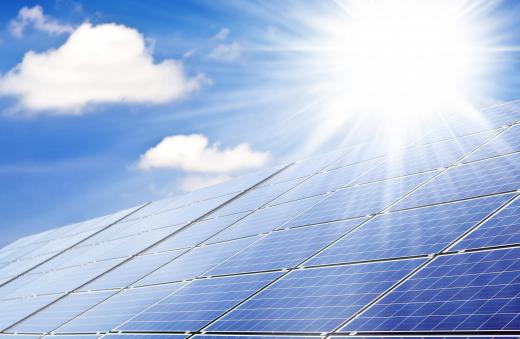When the phrase energy supply is used, it refers to a fuel source used to create a chemical or physical reaction. Energy supply is a generic term that encompasses both renewable and non-renewable resources. Closely related terms, such as fuel supply, are sometimes used to describe more specific resources. The availability of fuels and other energy resources of the global and local energy supply can have a great effect on the local energy price.
In industrial settings, the term energy supply is commonly used as a reference to petroleum products, such as gasoline and biodiesel fuel. It may also be used to refer to electricity supplied by coal, wind, solar power, or nuclear reaction. Since every industry requires some form of power to operate machinery and equipment, manufacturing is dependent upon a ready supply of energy. When energy supplies are cut off, production lines are severed, as well. In cases where demand raises the local or global energy price, consumers may face higher prices to compensate the manufacturer's increased production costs.

In many areas of the world, there are untapped energy resources which still exist. Reserves of oil and sedimentary gases remain untouched as a secondary energy supply to be used when more plentiful, readily available energy supplies run out. Despite their value, these resources often remain untouched due to pressure by various political or environmental groups or as a result of being difficult to harvest. In many cases, the difficulty and expense involved in harvesting these resources would render the energy price too high while more cost-effective means are available.
To maintain some degree of control over energy price and to prevent serious damage to the environment, many governments have established at least a minimal set of guidelines regarding energy use. These guidelines are enforced by various regulatory groups delegated with certain authority by their local government. These groups often have the authority to punish companies who disregard rules regarding the conservation of the energy supply. One of the most common examples of this kind of energy supply regulation is the carbon offset measures enacted in many countries.
Under carbon offset laws, manufacturers and industries are only allowed to produce so many tons of carbon dioxide as waste each year. This usage limit includes carbon dioxide produced by the electricity or other fuels used for an energy supply and the emissions from the factory's own production. These limits are strictly enforced and energy police groups may levy heavy fines against offending companies.
